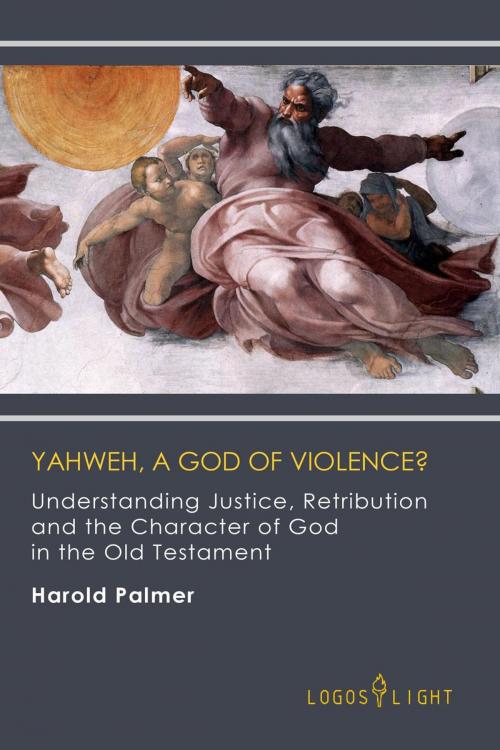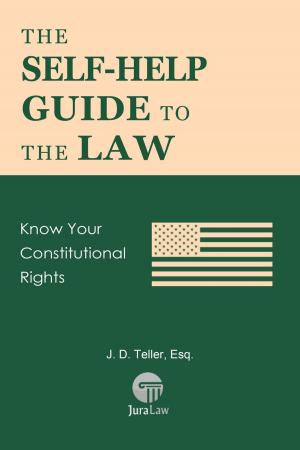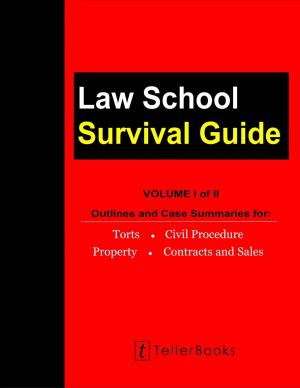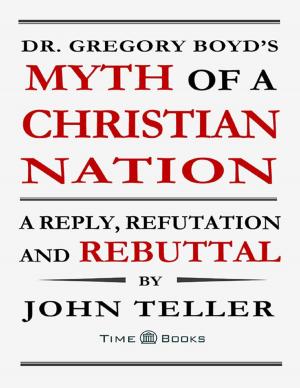Yahweh, A God of Violence? Understanding Justice, Retribution and the Character of God in the Old Testament
Religious Studies, #1
Nonfiction, Religion & Spirituality, Theology, Christianity| Author: | Harold Palmer | ISBN: | 9781681090306 |
| Publisher: | TellerBooks | Publication: | May 20, 2016 |
| Imprint: | Language: | English |
| Author: | Harold Palmer |
| ISBN: | 9781681090306 |
| Publisher: | TellerBooks |
| Publication: | May 20, 2016 |
| Imprint: | |
| Language: | English |
Genocide, infanticide, the destruction of entire peoples—these are among the acts of violence commanded or condoned by Yahweh, the God of the Old Testament. Examples abound throughout the Pentateuch and beyond of violence perpetrated by the Israelites at the beckoning of God. Entire cities and peoples, including Sodom, Gomorrah, Jericho, Amalek and Midian, are destroyed directly or indirectly by God. The Israelites are commanded to kill man and woman, infant and nursing child, ox and sheep, camel and donkey. God instructs the Israelites to conquer and utterly destroy and show no mercy to seven nations and to put to death everyone in the cities—men, women, and dependents—and leave no survivor in Heshbon.
Can we conclude from these examples that Yahweh is a brutal god of war and violence? Is Yahweh’s character incompatible with that of Jesus, who in the Sermon on the Mount teaches His disciples to turn the other cheek, love your enemy and pray for those who persecute you?
Some commentators have concluded from the Old Testament’s war accounts that Yahweh is a petty god with an insatiable blood thirst. In this study, Harold Palmer rejects and refutes these conclusions by approaching the question from a completely fresh angle. He sees the destruction of entire peoples not as a reflection of God’s character, but as a reflection of man’s character. Cities and peoples are destroyed as a natural consequence of their sins, with those having put their faith in Yahweh, such as Rahab, spared from the fate that befalls their community.
The starting point for this study is thus that man was created by God for a purpose and to abide by a moral code. When that code is broken, man, having rebelled against and fallen short of God’s perfect moral law, is separated from God. The consequence of this separation is death, and its antidote is the gift of grace, perfected by Christ on the cross.
Genocide, infanticide, the destruction of entire peoples—these are among the acts of violence commanded or condoned by Yahweh, the God of the Old Testament. Examples abound throughout the Pentateuch and beyond of violence perpetrated by the Israelites at the beckoning of God. Entire cities and peoples, including Sodom, Gomorrah, Jericho, Amalek and Midian, are destroyed directly or indirectly by God. The Israelites are commanded to kill man and woman, infant and nursing child, ox and sheep, camel and donkey. God instructs the Israelites to conquer and utterly destroy and show no mercy to seven nations and to put to death everyone in the cities—men, women, and dependents—and leave no survivor in Heshbon.
Can we conclude from these examples that Yahweh is a brutal god of war and violence? Is Yahweh’s character incompatible with that of Jesus, who in the Sermon on the Mount teaches His disciples to turn the other cheek, love your enemy and pray for those who persecute you?
Some commentators have concluded from the Old Testament’s war accounts that Yahweh is a petty god with an insatiable blood thirst. In this study, Harold Palmer rejects and refutes these conclusions by approaching the question from a completely fresh angle. He sees the destruction of entire peoples not as a reflection of God’s character, but as a reflection of man’s character. Cities and peoples are destroyed as a natural consequence of their sins, with those having put their faith in Yahweh, such as Rahab, spared from the fate that befalls their community.
The starting point for this study is thus that man was created by God for a purpose and to abide by a moral code. When that code is broken, man, having rebelled against and fallen short of God’s perfect moral law, is separated from God. The consequence of this separation is death, and its antidote is the gift of grace, perfected by Christ on the cross.















